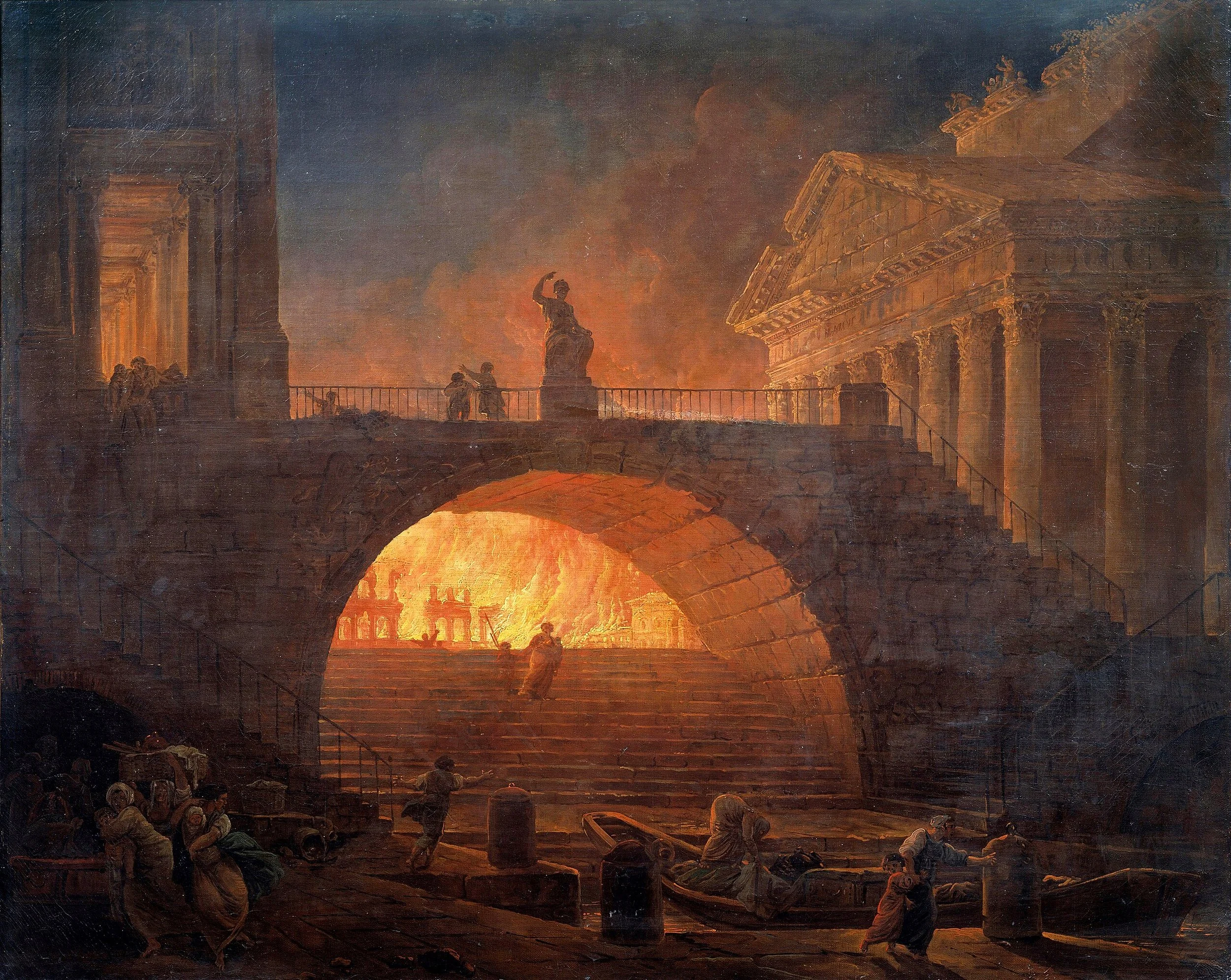Around the World in 5 – 17
“No man ever steps in the same river twice, for it is not the same river and he is not the same man.”
Monday 16 June witnessed the continued expansion of detention and deportation programmes across America, despite growing civil unrest in protest against the raids on undocumented migrants. President Trump called on federal agencies to “do all in their power” to carry out “the single largest mass deportation programme in history”, naming Los Angeles, Chicago, and New York as key targets. He also ordered authorities to focus efforts on alleged ‘sanctuary cities’—cities that limit assistance to federal immigration authorities in deporting civilians—a long-standing source of tension between federal and state authorities since the beginning of the raids.
Amid the domestic unrest facing President Trump, his brief visit to the G7 Summit held in Canada concluded with the United States and the United Kingdom reaching a new agreement to lower tariffs on cars and aerospace. The agreement is said to reduce tariffs on UK auto imports to 10% for the first 100,000 vehicles. As agreed in May, steel tariffs will continue to face a 25% duty. Prime Minister Starmer stated, “It’s a really important agreement, and so this is a very good day for both of our countries,” echoed by Trump, who said, “It’s a fair deal for both, and it’s going to produce a lot of jobs, a lot of income.”
Niger’s army successfully raided a terrorist-controlled mining site, killing more than twelve insurgents and seizing vital materials linked to explosive device manufacturing. The army issued statements following the operation, locating the raid in the Tagueye region, near Niger’s border with Burkina Faso. The operation aimed to eliminate potential financial sources for terrorist activity, with the group linked to Al-Qaeda and Islamic State, both held responsible for the deaths of thousands. Niger continues to rely on Russian support to maintain security following the expulsion of French forces in September 2024.
Today also marked the fifth consecutive day of attacks between Israel and Iran, in another dimension of escalating regional tensions in the Middle East. As Trump departed the G7 Summit early in response, President Macron claimed discussions with Trump had opened the possibility of a ceasefire between the two nations. Speaking to reporters, Macron emphasised that any attempt at regime change in Iran would be a “strategic error” and that “there is indeed an offer to meet and exchange” in support of further diplomatic engagement. He also urged both parties to “end” strikes on civilians. Soon after, the New York Times reported that sources within the Trump administration confirmed Vice President Vance and Middle East envoy Steve Witkoff would meet with Iranian officials this week. Iranian Foreign Minister Abbas Araghchi stated that Tehran remains open to negotiations, arguing that Trump could end the conflict with “one phone call”.
Reflecting the wider vulnerabilities of the crisis, Malaysia’s Petronas chief warned that the war between Israel and Iran is creating a “polycrisis” of threats to global energy security. Speaking at the Kuala Lumpur Conference, surging oil prices following Friday’s Israeli attacks on Iranian oil infrastructure were described as a symptom of an incoming supply shock. Company CEO Tengku Muhammad Taufik concluded by stressing the importance of diversifying Petronas’ energy portfolio beyond oil and gas, amid climate concerns and ongoing geopolitical instability.
Linked Articles:
